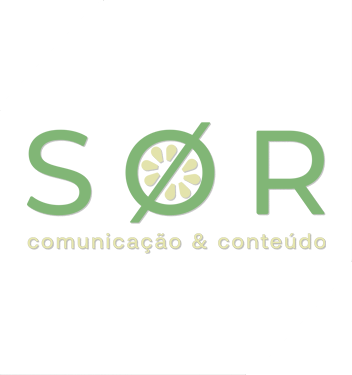
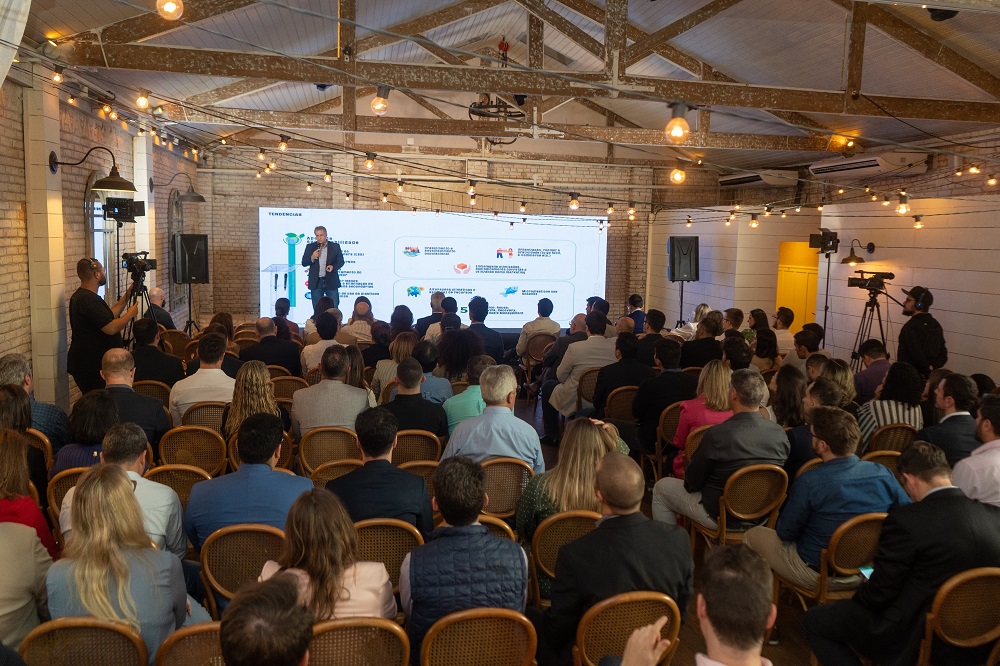
Por
Embalagem Marca
Publicado em
14/11/2023
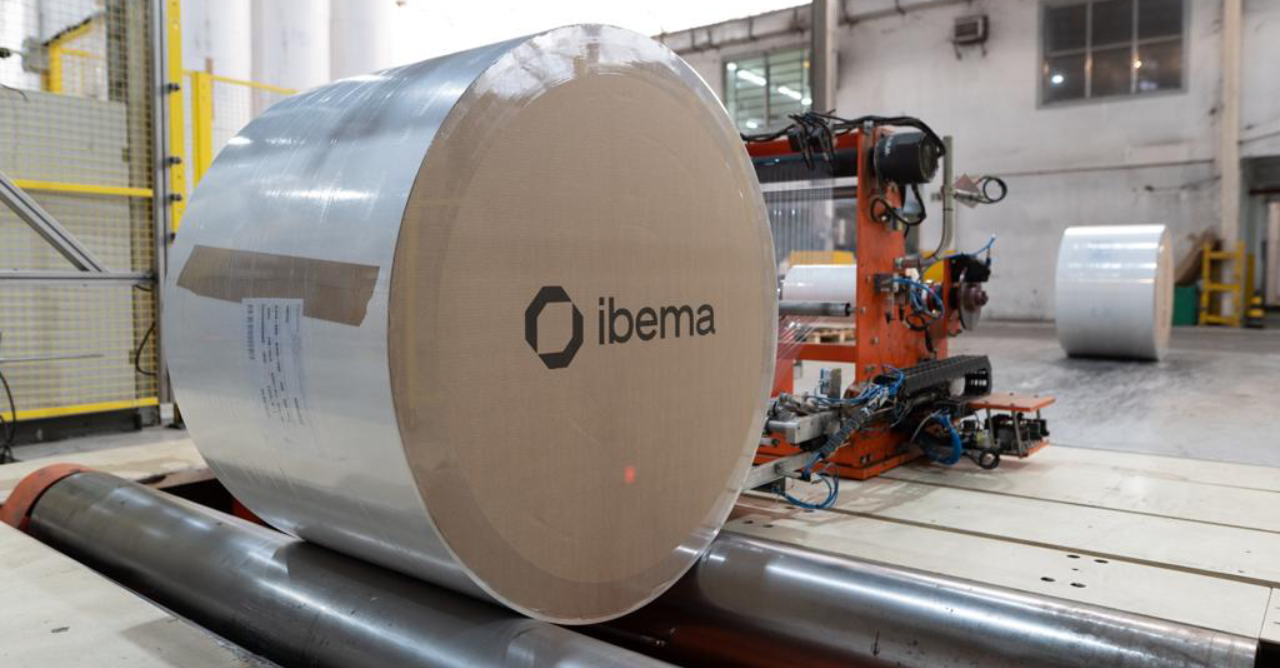
Por
Portal Packaging
Publicado em
02/08/2023
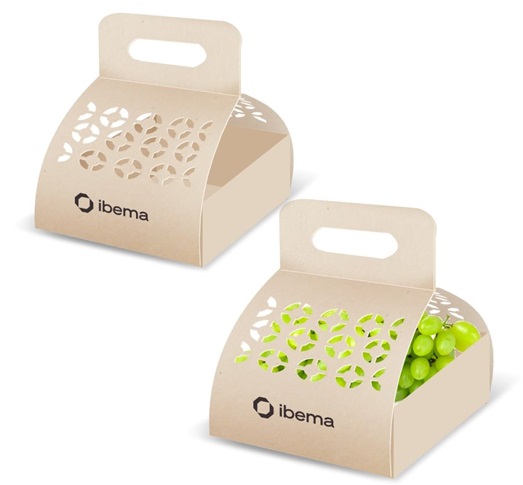
Por
Gabriela Rodrigues
Publicado em
21/07/2023

Por
Portal Packaging
Publicado em
21/07/2023
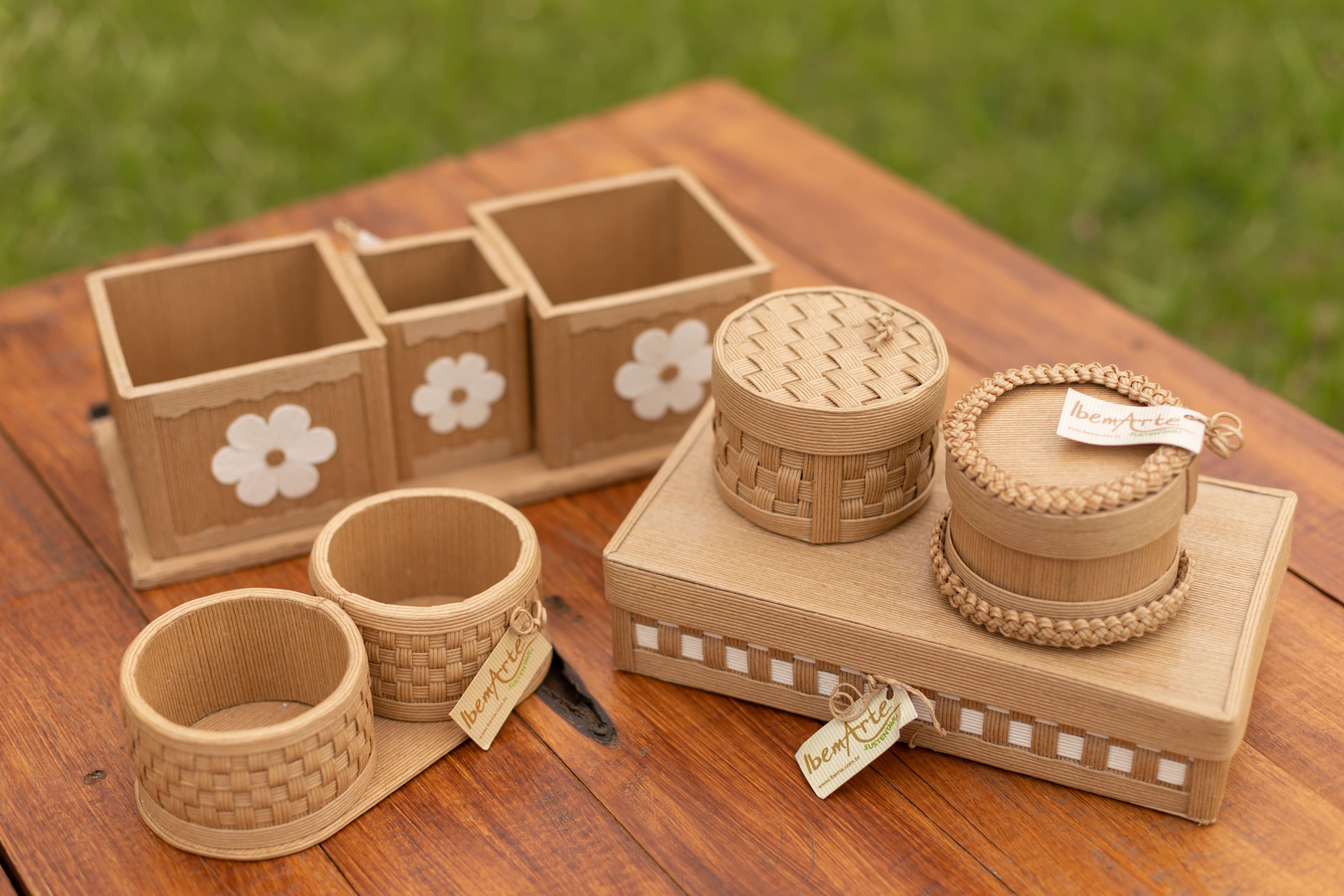
Por
Portal InvestNe
Publicado em
23/05/2023



